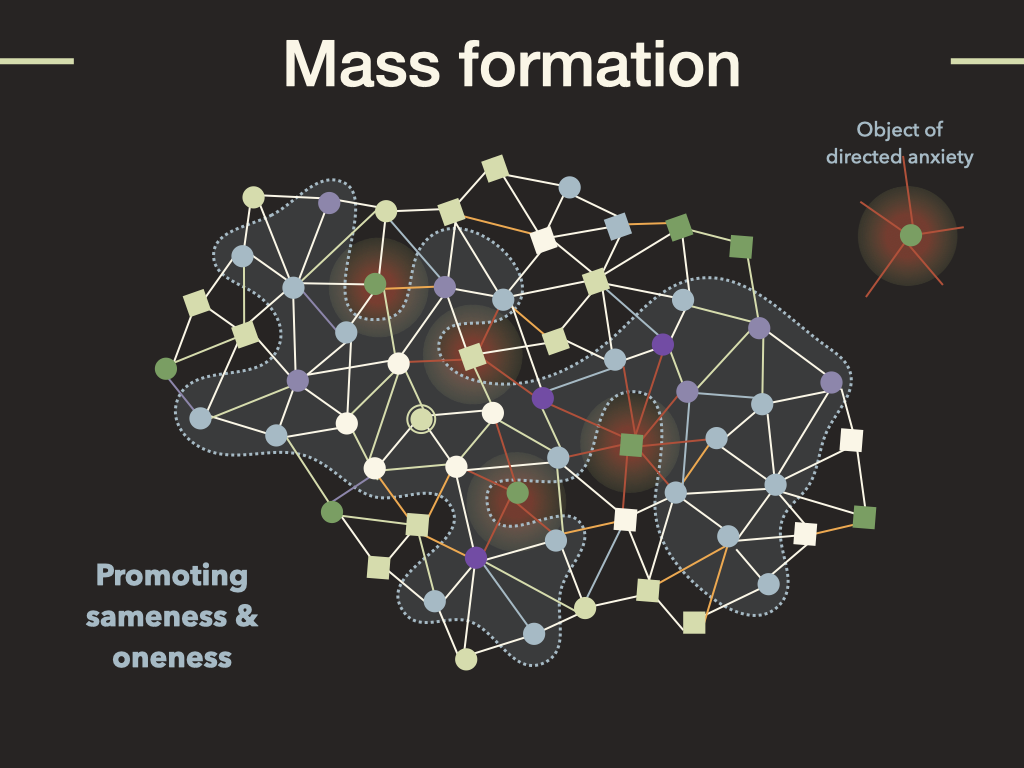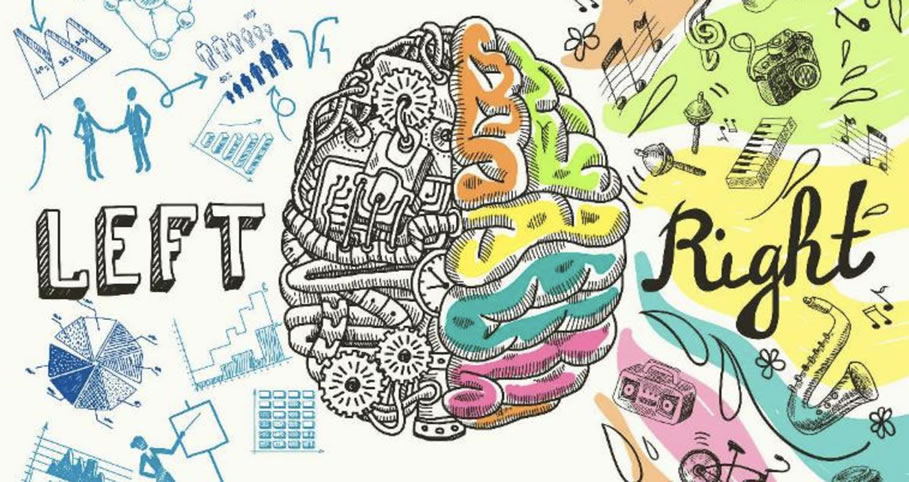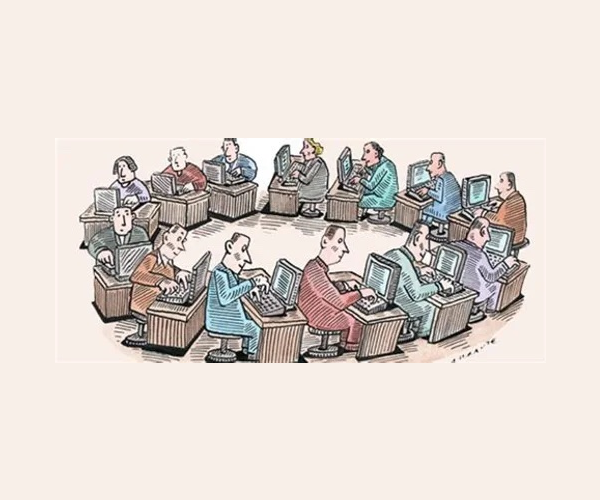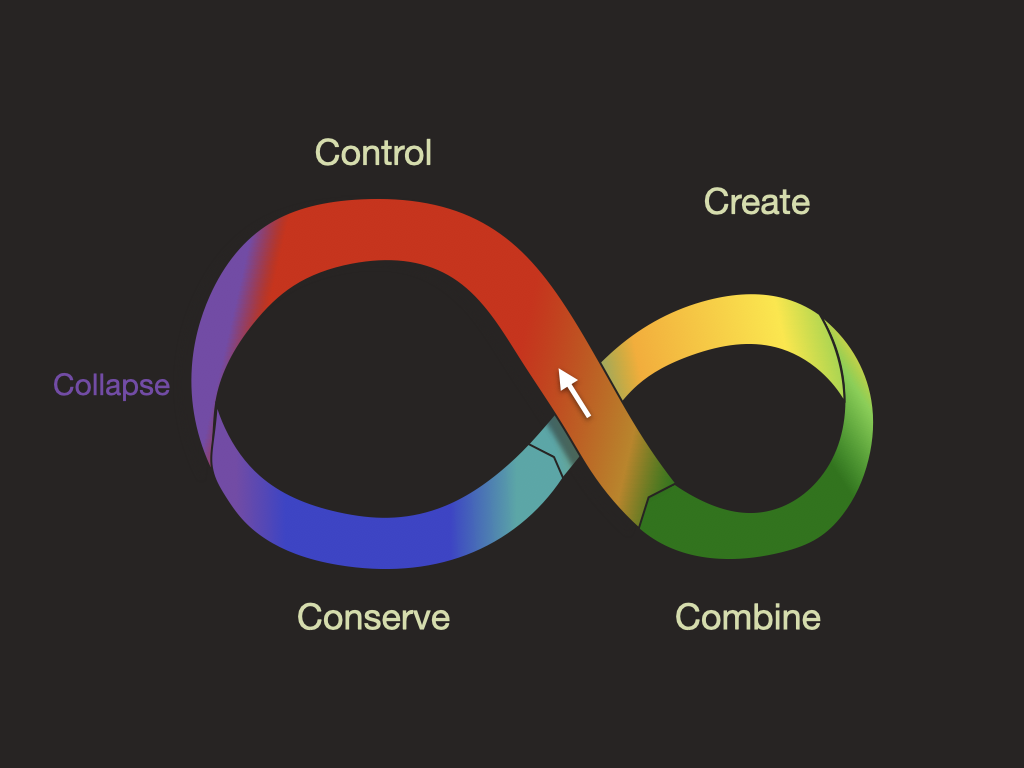The posts in this section are further developments, illustrations or applications of the basic ideas of core cognition.

This is an accessible, but not simplified, text in which derive the features of mass formation and the associated mass cognition from basic features of life.
We show it predicts the properties of authoritarianism and canceling very well.

The properties of the coping and the co-creation reflect a close relationship to the properties of the left and the right brain hemispheres as described by McGilchrist in his book “The Master and his Emissary”. Here we derive those properties from the “edge of chaos”. Coping promotes structure, co-creation promotes opportunity.

This paper argues for a very visible role of mentally healthy individuals in education. Only these can show children and adolescents what levels of self-development, autonomy, happiness, and growth they can in principle achieve.

“This is an older text, but accessable text, that eventually developed into a paper called: “The Psychological Drivers of Bureaucracy: Protecting the Societal Goals of an Organization.” (Andringa, 2015) that develops the topic of bureacracy much deeper.

How can we define scientific concepts such that they are inclusive of all phenomena that pertain to the concept? In the years from 1991 to 1999, I contributed to the design and development of an applied cognitive science department – what has now become the department of Artificial Intelligence at the University of Groningen (the Netherlands)

Mini lecture on origin of the adaptive cycle (a construct developed in ecology). The explanation we give for the origin of the adpative cycle – as a multi-facetted consolidation process of sustainable building blocks – is new as far as we know.
